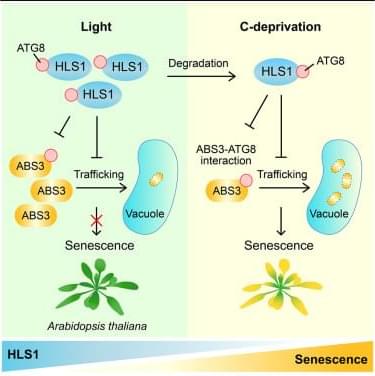Since the beginning of time, man has been interested in what happens after death.
Although there are numerous traditional answers to this question, it’s possible that scholars have added countless more ideas merely to provide some variation.
According to Robert Lanza, M.D., death is just a doorway to an endless number of universes. Furthermore, according to Lanza, everything that may possibly happen in our lifetime has already happened. He continues by saying that death does not exist in these situations because all of these possibilities are happening at the same time. We only connect our consciousness to our physical bodies because of the energy that flows through our brains.









